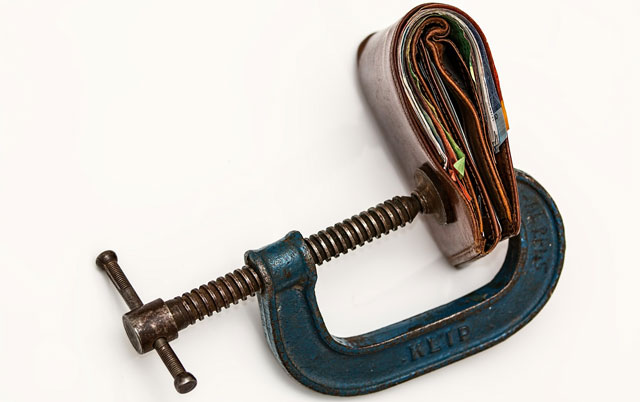
Consumer price inflation (CPI) decelerated from 7% year on year in February to 6,3% in March, Statistics South Africa announced on Wednesday, while food costs in March were nearly 10% higher than in March 2015.
“On average, prices increased by 0,8% between February 2016 and March 2016,” Stats SA said.
This falls in line with most economic assumptions, with Rand Merchant Bank analyst John Cairns explaining that “following repeated upside inflation surprises, we expect the number for March to show a sharp, albeit temporary, moderation”.
Overberg Asset Management said the deceleration would occur due to a 5% cut in the price of petrol. Stats SA confirmed this, saying: “The (transport) index decreased by 0.8% month-on-month (m/m), mainly due to the petrol price.”
NKC African Economics said on Wednesday that the drought will keep inflation outside the South African Reserve Bank’s 3% to 6% target range “for some time to come”.
In March, the consumer price index for goods rose by 6,9% y/y (down from 7,9% in February), and the CPI for services increased by 5,7% y/y (down from 6.1% in February), Stats SA said.
Provincial annual inflation rates ranged from 5,1% in Northern Cape to 7,6% in Limpopo, it added.
Food and non-alcoholic beverages CPI saw an increase from 1,3 percentage points in February to 1,5 percentage points in March. The index rose by 9,5% y/y.
Food and non-alcoholic beverages contributed 0.3 of a percentage point in March. The index gained 1,6% m/m. The items with the highest monthly rates were fruit (7,9%), bread and cereals (3,4%), sugar, sweets and desserts (2,3%) and oils and fats (2,1%).
Food costs have gone up by 9,8% y/y, with vegetables (18,7%), fruit (18,7%), oils and fats (18,1%), bread and cereals (13,3%) and sugar and desserts (11,7%) increasing the most.




